Hyundai CEO Discusses Immigration Raid on Georgia Plant
Hyundai Motor CEO Jose Munoz revealed that the company received a phone call from the White House apologizing for the September raid on a Hyundai Motor-LG Energy Solution battery plant under construction in the US state of Georgia. The incident has sparked concerns about the impact of immigration policies on the US manufacturing sector and the automotive industry as a whole.
According to Munoz, the governor of Georgia also reached out to him, stating that the raid was not within the state's jurisdiction. The incident has raised questions about the role of federal and state authorities in enforcing immigration laws and the potential consequences for businesses operating in the US.
The Hyundai Motor-LG Energy Solution battery plant, which is valued at $4.3 billion, is a key project for the company's expansion into the US electric vehicle market. The plant is expected to create over 8,000 jobs and produce batteries for Hyundai's electric vehicles. However, the raid has put the project's timeline and costs at risk.
The incident has also highlighted the challenges faced by the US manufacturing sector in attracting and retaining skilled workers. The US Chamber of Commerce estimates that the country's manufacturing sector faces a shortage of over 2 million skilled workers, which could impact productivity and competitiveness.
The automotive industry is a significant contributor to the US economy, with the sector generating over $1.7 trillion in economic output and supporting over 10 million jobs. The industry's growth is closely tied to the development of electric vehicles, which are expected to account for over 50% of new car sales by 2030.
Hyundai Motor is one of the largest automakers in the world, with a market capitalization of over $50 billion. The company has been investing heavily in electric vehicle technology and has set a target of producing over 1 million electric vehicles per year by 2025.
The incident has sparked a debate about the impact of immigration policies on the US manufacturing sector and the automotive industry. Some experts argue that stricter immigration laws could lead to a shortage of skilled workers, while others argue that the industry needs to adapt to changing immigration policies and invest in training and development programs.
As the US manufacturing sector continues to evolve, companies like Hyundai Motor will need to navigate complex immigration policies and adapt to changing market conditions. The incident highlights the need for businesses to prioritize diversity and inclusion and invest in programs that support the development of skilled workers.
In conclusion, the Hyundai CEO's comments on the immigration raid on the Georgia plant have shed light on the challenges faced by the US manufacturing sector and the automotive industry. As the industry continues to evolve, companies will need to prioritize diversity and inclusion and invest in programs that support the development of skilled workers.
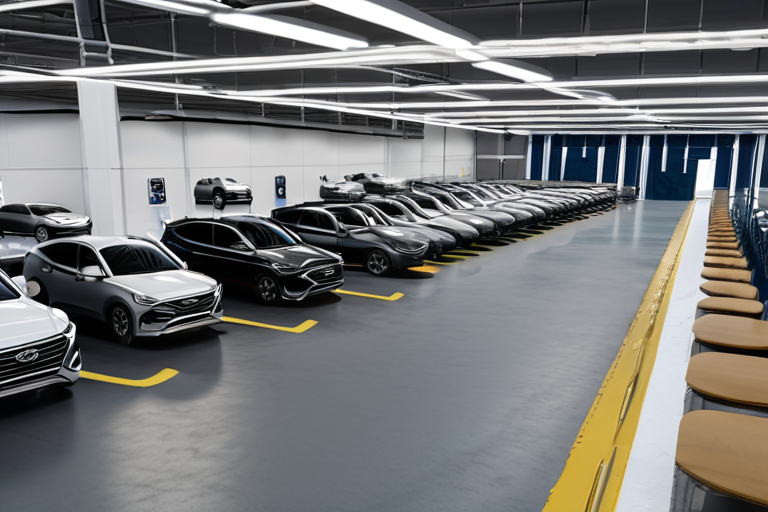

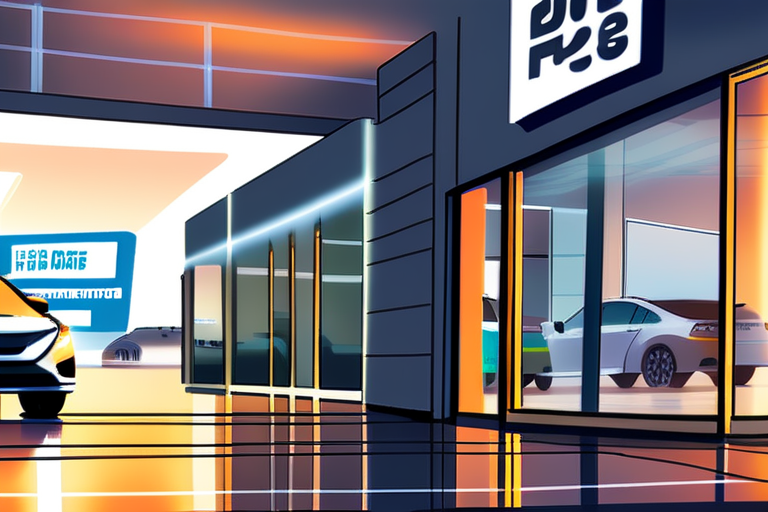



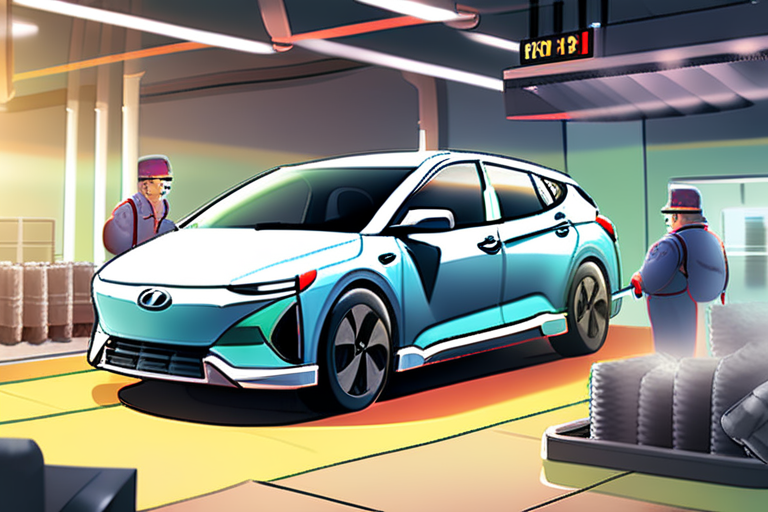

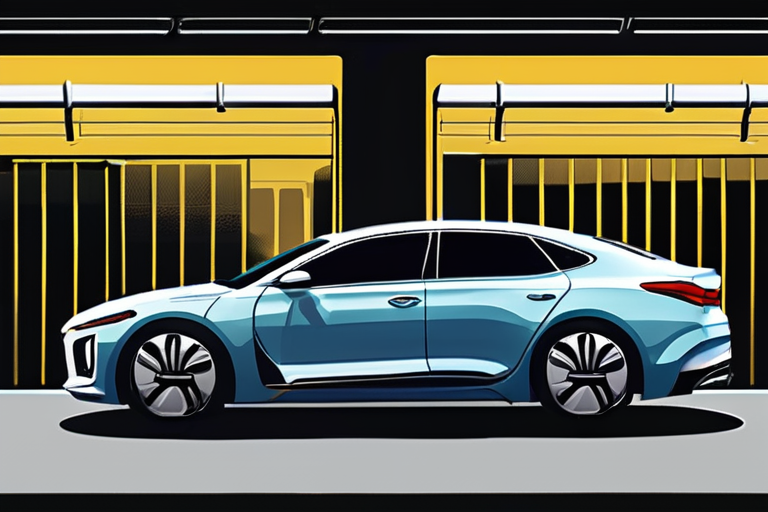




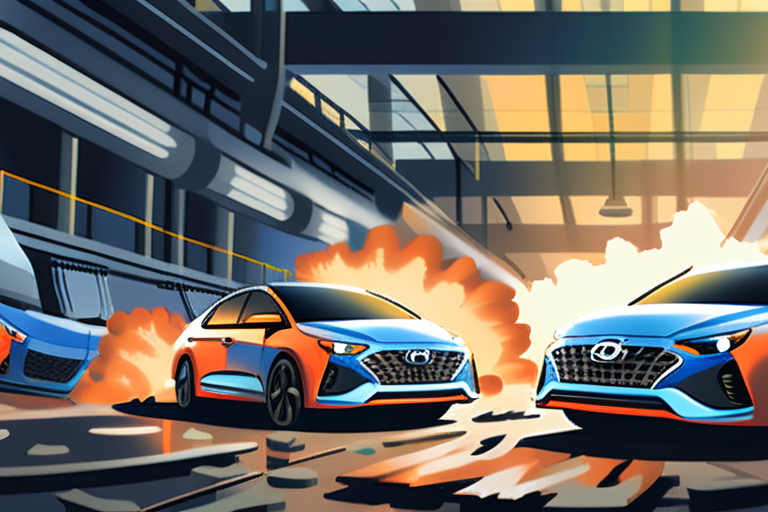
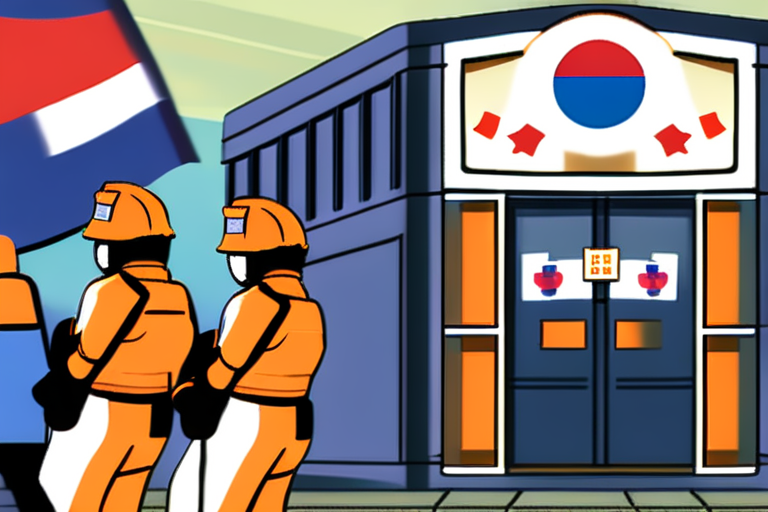



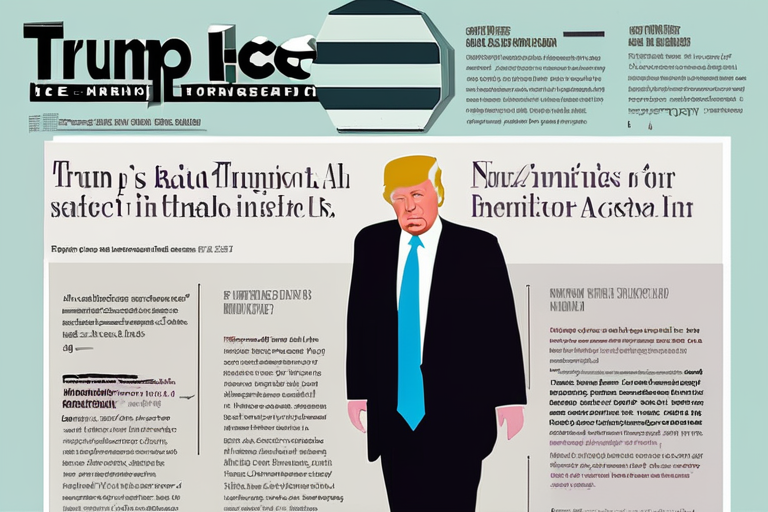
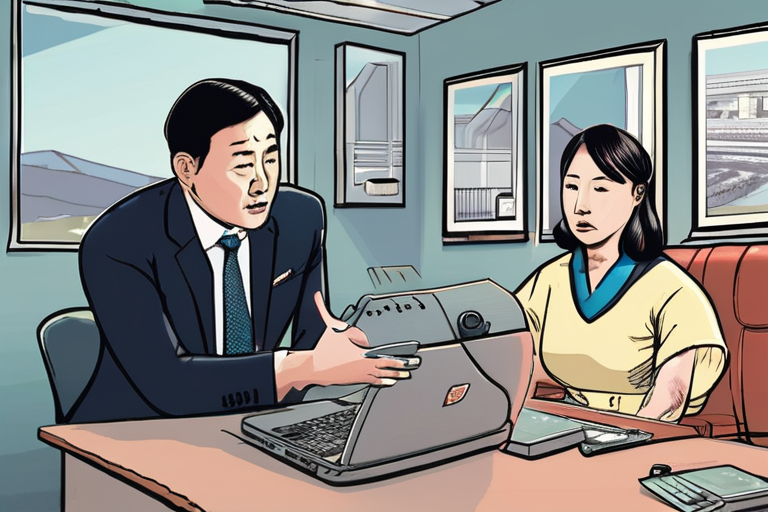

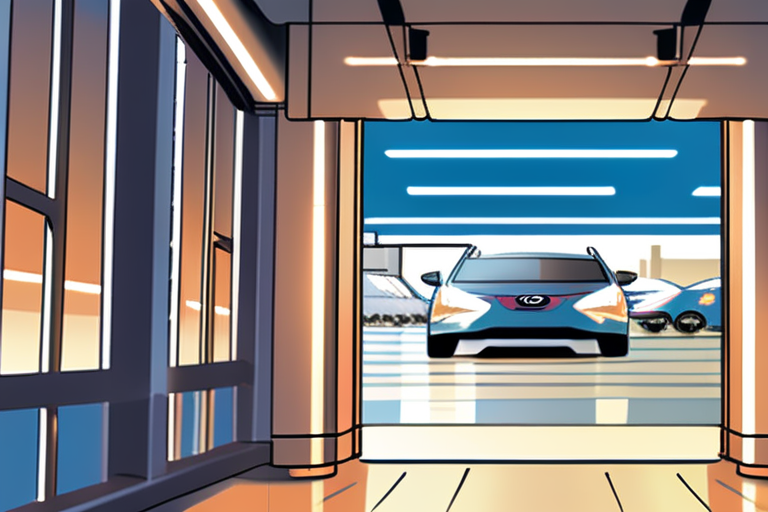
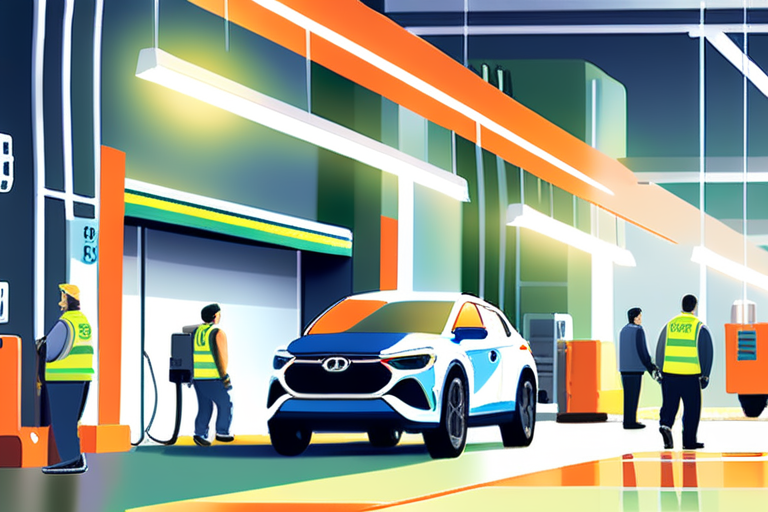
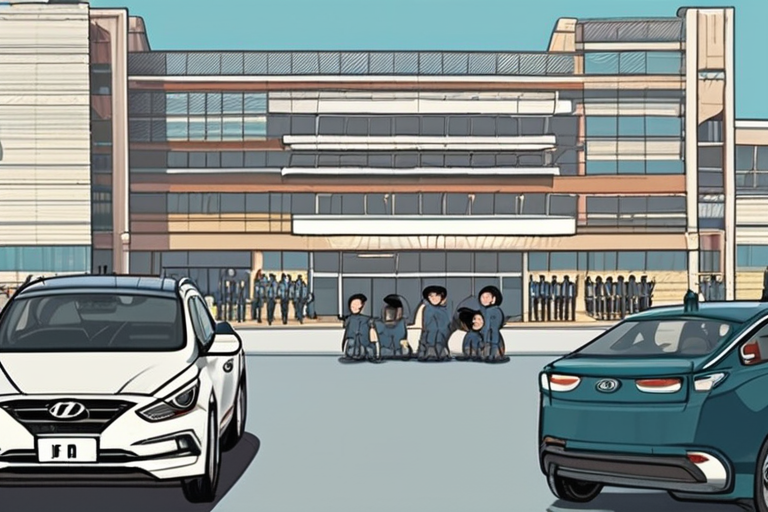
Share & Engage Share
Share this article